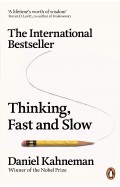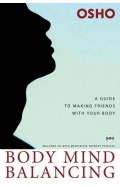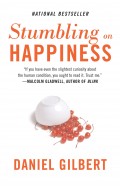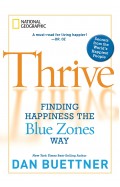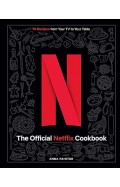- Home
- Psychology & Counseling
- Black and White Thinking - The Burden of a Binary Brain in a Complex World
Black and White Thinking - The Burden of a Binary Brain in a Complex World
By: Kevin Dutton
-
Rs 2,515.50
- Rs 2,795.00
- 10%
You save Rs 279.50.
Due to constant currency fluctuation, prices are subject to change with or without notice.
'Essential insights into the character of human choice and decision-making.' ROBERT CIALDINI, bestselling author of Influence
________
In this groundbreaking exploration of how our brains work, psychologist Professor Kevin Dutton explains that by understanding the nature of our hardwired black and white thinking we are better equipped to negotiate life's grey zones and make subtler and smarter decisions.
Our brains are hardwired to sort, categorize and draw lines. It's how we navigate the kaleidoscope of everyday information. Yet imagine failing an exam by a mere 1 per cent. Or being caught speeding at just 1 mph over the speed limit. We have to draw the line somewhere, we say. But lines can be unhelpful or even dangerous when drawn where they aren't wanted, or in too thick a hand.
By thinking in terms of ' 'them' or 'us' and 'this' or 'that' we isolate ourselves from ideas we don't agree with and people who are not the same as us. We fail to listen to the other side of the argument and beliefs become polarized. Intolerance and extremism flourish. The human race has survived by making binary decisions, but such thinking might also destroy us. We may be programmed to think in black and white but rainbow thinking is the key to our cognitive future.
__________
'Fascinating, important and entirely convincing.' SIR PHILIP PULLMAN
'Essential insights into the character of human choice and decision-making.' ROBERT CIALDINI, bestselling author of Influence
________
In this groundbreaking exploration of how our brains work, psychologist Professor Kevin Dutton explains that by understanding the nature of our hardwired black and white thinking we are better equipped to negotiate life's grey zones and make subtler and smarter decisions.
Our brains are hardwired to sort, categorize and draw lines. It's how we navigate the kaleidoscope of everyday information. Yet imagine failing an exam by a mere 1 per cent. Or being caught speeding at just 1 mph over the speed limit. We have to draw the line somewhere, we say. But lines can be unhelpful or even dangerous when drawn where they aren't wanted, or in too thick a hand.
By thinking in terms of ' 'them' or 'us' and 'this' or 'that' we isolate ourselves from ideas we don't agree with and people who are not the same as us. We fail to listen to the other side of the argument and beliefs become polarized. Intolerance and extremism flourish. The human race has survived by making binary decisions, but such thinking might also destroy us. We may be programmed to think in black and white but rainbow thinking is the key to our cognitive future.
__________
'Fascinating, important and entirely convincing.' SIR PHILIP PULLMAN
Black and White Thinking - The Burden of a Binary Brain in a Complex World
By: Kevin Dutton
Rs 2,515.50 Rs 2,795.00 Ex Tax :Rs 2,515.50
Black-and-White Thinking: The Burden of a Binary Brain in a Complex World
By: Kevin Dutton
Rs 2,205.75 Rs 2,595.00 Ex Tax :Rs 2,205.75
Zubin Mehta: A Musical Journey (An Authorized Biography)
By: VOID - Bakhtiar K. Dadabhoy
Rs 892.50 Rs 1,050.00 Ex Tax :Rs 892.50
Thrive: Finding Happiness the Blue Zones Way
By: Dan Buettner
Rs 1,185.75 Rs 1,395.00 Ex Tax :Rs 1,185.75
No similar books from this author available at the moment.
The Official Netflix Cookbook - 70 Recipes from Your TV to Your Table
By: Anna Painter
Rs 8,995.50 Rs 9,995.00 Ex Tax :Rs 8,995.50
Get it Done - Surprising Lessons from the Science of Motivation
By: Ayelet Fishbach
Rs 2,515.50 Rs 2,795.00 Ex Tax :Rs 2,515.50
Zubin Mehta: A Musical Journey (An Authorized Biography)
By: VOID - Bakhtiar K. Dadabhoy
Rs 892.50 Rs 1,050.00 Ex Tax :Rs 892.50
Black and White Thinking - The Burden of a Binary Brain in a Complex World
By: Kevin Dutton
Rs 2,515.50 Rs 2,795.00 Ex Tax :Rs 2,515.50
Black-and-White Thinking: The Burden of a Binary Brain in a Complex World
By: Kevin Dutton
Rs 2,205.75 Rs 2,595.00 Ex Tax :Rs 2,205.75













-120x187.jpg?q6)

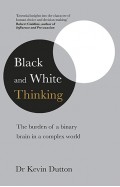
-120x187.jpg?q6)







